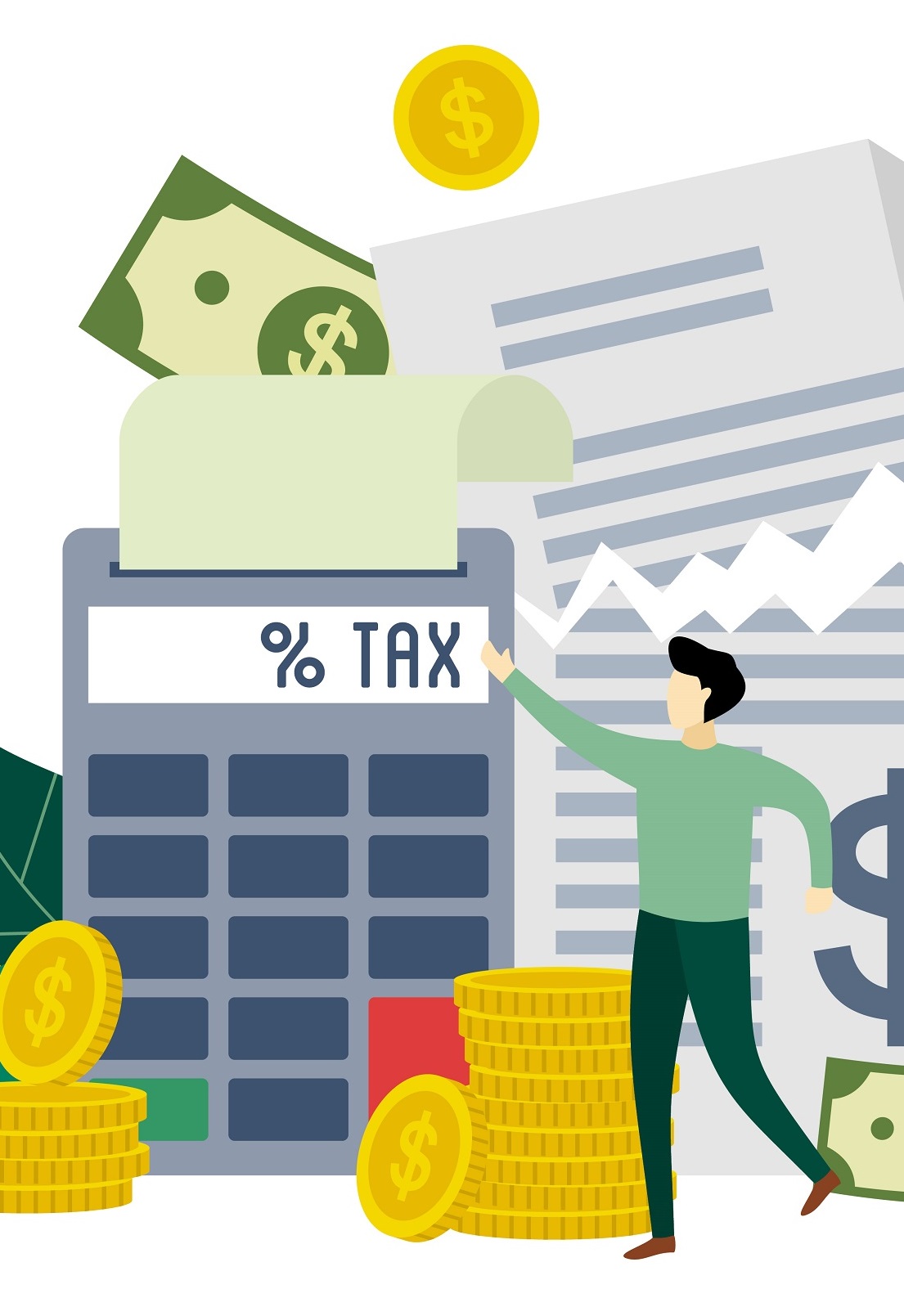Tidbits for Freelancers and Business Owners Regarding Tax Filing Strategies

As they face unique obstacles in maximizing tax savings and assuring a streamlined filing procedure, tax preparation can be a daunting task for business owners and freelancers. Gaining a comprehensive comprehension of tax obligations is of utmost importance in light of the emergence of the freelance economy and self-employment. In addition to determining the amount of self-employment taxes owed, comprehending the self-employment tax rate, and managing quarterly tax payments, this article endeavors to furnish business owners and freelancers with helpful strategies and advice for navigating the complexities of tax filing.
Assessing the amount of taxes due
The assessment of their tax liabilities is a fundamental consideration for entrepreneurs and freelancers. Freelancers are obligated to compute and remit their own 1099 employee taxes, in contrast to traditional employees who have these costs deducted from their salaries. Consider the following procedures in order to provide an accurate assessment of your tax liability:
1. Maintain precise documentation: For accurate tax calculations, it is vital to maintain detailed documents of your income and expenses. For assistance in organizing your financial records, consider employing accounting software or consulting a professional.
2. Comprehend 1099 tax credits and deductions Acquaint yourself with the tax credits and deductions that are accessible to business proprietors and freelancers. In addition to health insurance premiums and equipment purchases, deductible expenses may include home office costs and business travel.
3. Consult a tax expert: By enlisting the assistance of a tax expert, you can ensure that you are capitalizing on all conceivable deductions and credits while navigating the complexities of tax legislation. Additionally, they possess the capability to aid in the estimation of one's tax obligations and the prevention of possible penalties from the tax authority.
Comprehending the self-employment tax rate
The self-employment tax, which encompasses Social Security and Medicare contributions, is imposed on freelancers and business proprietors. Self-employed individuals bear the complete financial burden of these taxes, in contrast to their employers who contribute a portion of them. Consider the following crucial factors:
1. I am cognizant of the prevailing self-employment tax rate, which stands at 15.3% as of 2021. Medicare taxes on all net self-employment income are 2.9%, while Social Security taxes comprise 12.4% of the first $142,800 of net self-employment income.
2. Anticipate tax payments: Freelancers and business proprietors are required to submit quarterly estimated tax payments in order to prevent penalties for underpayment. These reimbursements supplement the self-employment tax with income tax. Consult a tax expert for assistance in determining your estimated tax liability in light of your anticipated income.
3. Contemplating the establishment of a business entity: The potential efficacy of minimizing one's self-employment tax liability may be enhanced by establishing a business entity, such as a S Corporation or LLC. Irrespective of my circumstances, it would be prudent to seek the advice of a tax expert before implementing this strategy.
Managing quarterly tax payments
For business proprietors and freelancers, quarterly tax payments may cause frustration and anxiety. You can, nevertheless, streamline the procedure with adequate organization and planning:
1.Establishing a distinct bank account and setting aside a portion of your income on a regular basis for taxes will prevent you from experiencing financial duress when quarterly tax payments are due. This guarantees that equivalent funds are accessible in anticipation of impending payment due dates.
2. Employ a tax professional or utilize specialized software: For the purpose of calculating and submitting precise quarterly tax payments, contemplate employing tax software tailored for freelancers or seeking the guidance of a tax expert. Utilize these applications to generate the required tax forms and estimate your tax liability.
3. Remain updated on deadlines: Acquaint yourself with the quarterly tax payment deadlines in order to prevent penalties imposed for payment that is submitted late or insufficient. Typically, the aforementioned dates are observed as deadlines: January 15, April 15, June 15, and September 15. To guarantee punctual payments, annotate these dates on your calendar and establish reminders.
In summary, for business owners and freelancers to optimize tax savings and prevent penalties, it is imperative that they diligently complete their tax filings (100 words). Freelancers can confidently navigate the intricacies of tax filing through knowledge of their tax liabilities, integration of the self-employment tax rate, and efficient management of quarterly tax payments. Remain informed regarding tax regulations and deadlines, maintain accurate records diligently, and consult an expert when necessary. Entrepreneurs and freelancers can optimize their tax submission procedures and concentrate on fundamental business operations through the application of these tactics.
839GYLCCC1992



Leave a Reply